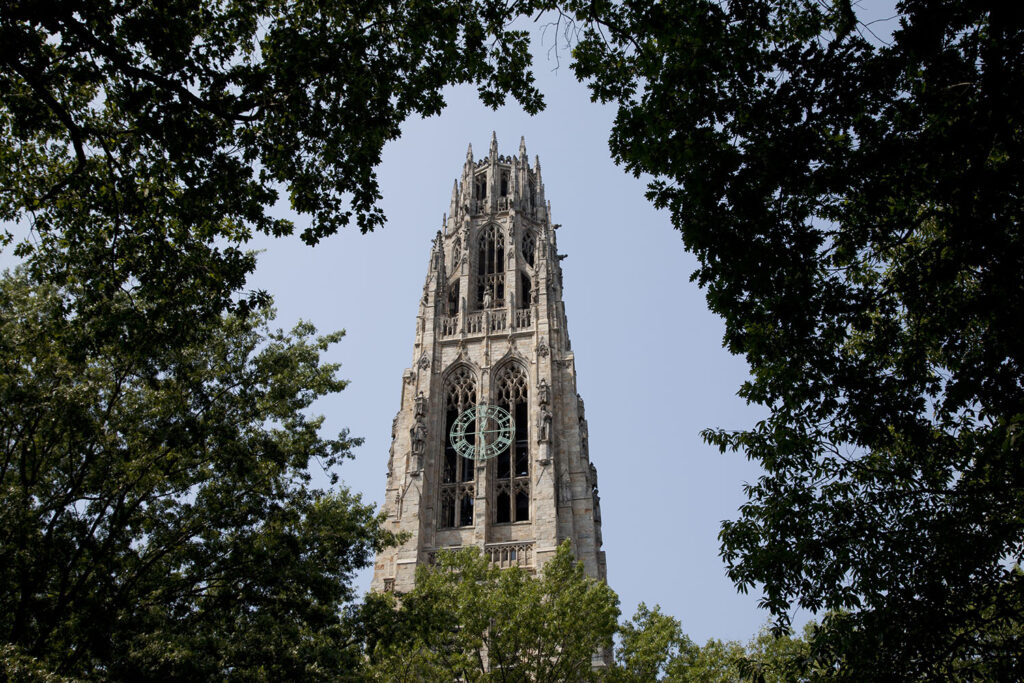
One would be hard pressed to find a more comfortable, privileged life than that of a college freshman living in the Hogwarts-esque halls of an American Ivy League university.
This past November, however, headlines proclaimed the contrary after Yale Lecturer Erika Christakis sent out a measured and thoughtful email questioning the necessity of the institution’s administration policing guidelines on what Halloween costumes were considered appropriate, upholding the maturity of the student body and challenging the school administration’s tendency to impose conformity.
Almost immediately, rabid protesting erupted across the campus, accusing Christakis of fostering institutional racism and stripping them of their safe space—all because she believed that students were capable of independently censuring their peers should any of the more ignorant among them show up to campus wearing blackface or a headdress and war paint.
Does blatant racism still occur all across the campuses of American universities? Of course it does—in fact, it’s often at the heart of backwards rituals among the more savage Greek Letter organizations. Do the effects of micro-aggression profoundly impact minority populations and hinder social progress? There is no debate—they do.
Did Erika Christakis advocate a hateful, intolerant atmosphere? Categorically, no. The students who found themselves on the quad in front of Silliman College berating Nicholas Christakis (Erika’s husband and master of the college) were desperate to pick a very specific fight, and their self-righteous battle to ensure safe space did anything but.
Now, the right to peaceful protest is an essential thread of the American fabric, of course, and young idealists standing up against established authority is laudable—but a student declaring that a college master’s role is not to create an intellectual space but rather to create a home is laughable.
It’s Yale, not The Ritz-Carlton.
The extent to which these pseudo-activists went is shameful. Hundreds signed an open letter to Christakis, condemning her for allegedly trivializing the harried existences of marginalized peoples, demanding that she either formally apologize or resign.
Christakis’s email was intended to make the case that Yale students were mature adults, and hundreds did all within their power to prove the contrary—to prove that they were intellectually and emotionally ill-prepared for life at a college campus, that they were incapable or articulating a civil response to an opinion contrary to their own and that they were divorced from the real world.
Some students began skipping classes, missing meals, suffering psychological breakdowns—and many students even left the campus altogether. Much of America felt for these students, but what’s pitiable are the circumstances that deluded these self-proclaimed victims into believing that the world is a womb.
The ordeal has simply been the academic equivalent of Social Darwinism: attrition carving vacancies in school desks for others more mentally and emotionally equipped to occupy them.
What is tragic, though, is that these students didn’t abandon the campus before they had the chance to pressure a well-respected educator into a resignation.
To clarify, indeed the Ivy League’s traditions of racism have been further exposed this past year—Yale’s alleged discriminatory sorority parties, the portraits of Harvard’s African-American professors’ being defaced, Charles Blow’s son being illegitimately detained at gunpoint and so on—but those who have actually read Christakis’s email know that her voice was in no way a part of this pandemic of ignorance.
She was the proverbial scapegoat onto whom all the wickedness of intolerant generations was affixed before she was driven into the wilderness.


















